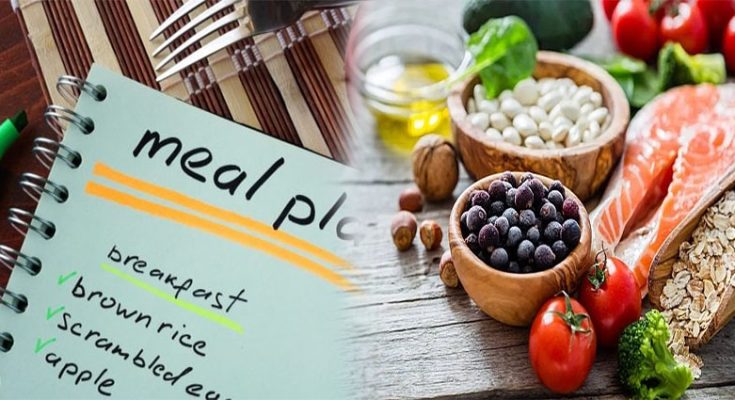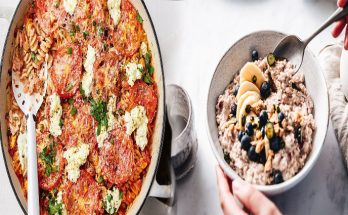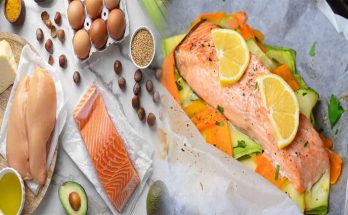Achieving weight loss and muscle gain goals requires a combination of regular exercise and a well-balanced, nutritious diet. One approach to optimize your nutrition is by following customized meal plans that are tailored to your specific needs. In this article, we will explore the benefits of customized meal plans for weight loss and muscle gain and provide some guidelines to help you create your own plan.
Importance of Customized Meal Plans
- Personalized Nutrition: Every individual has unique nutrient requirements based on factors such as age, gender, weight, height, activity level, and overall goals. Customized meal plans take these factors into account and provide the specific nutrients and portion sizes needed to support your weight loss and muscle gain journey.
- Optimal Macronutrient Distribution: Each meal plan will have a specific balance of macronutrients – carbohydrates, proteins, and fats – to ensure your body receives the necessary fuel for energy, muscle building, and recovery. This balance can be adjusted based on your goals and preferences.
- Meal Timing: Customized meal plans help structure your eating schedule, ensuring that you fuel your body correctly before and after workouts, maximizing energy levels and muscle recovery.
- Portion Control: With customized meal plans, portion control is simplified, making it easier to manage calorie intake and maintain a healthy balance in your diet.
Guidelines for Creating Customized Meal Plans
- Consult a Professional: To create an effective and safe meal plan, it is best to consult with a registered dietitian or nutritionist who can assess your specific needs and create a tailor-made plan for you. They will consider your goals, food preferences, any dietary restrictions, and individual metabolism.
- Calorie Intake: To achieve weight loss, a calorie deficit is necessary. However, for muscle gain, a slight calorie surplus is required. Your meal plan will be adjusted accordingly to align with your goals.
- Macronutrient Ratios: A balanced meal plan for weight loss and muscle gain typically includes adequate protein to support muscle growth, complex carbohydrates for energy, and healthy fats for overall well-being. The specific ratio will depend on your goals and individual requirements.
- Whole Foods Focus: Emphasize whole, nutrient-dense foods in your meal plan, such as lean proteins (chicken, fish, tofu), whole grains (quinoa, brown rice), fruits, vegetables, and healthy fats (avocado, nuts, olive oil).
- Meal Frequency: Decide on the number of meals and snacks you want to include in your plan, based on your preferences and lifestyle. Some people find success with three main meals and two snacks, while others prefer smaller, more frequent meals.
- Hydration: Don’t forget the importance of staying hydrated. Include water as the primary beverage throughout the day and limit the intake of sugary drinks.
- Consistency: Consistency is key when following a meal plan. Stick to the schedule and try to prepare your meals in advance to avoid impulsive choices.
Remember, a customized meal plan is a tool designed to help you achieve your weight loss and muscle gain goals efficiently. However, it is important to be patient and make adjustments along the way based on your progress and how your body responds. Consulting with a professional will provide you with the best guidance and ensure that your plan is safe, effective, and sustainable.
By following a customized healthy meal plan, you can fuel your body with the nutrients it needs to support weight loss and muscle gain. With consistency and dedication, you will be one step closer to achieving your desired physique and overall fitness goals.





